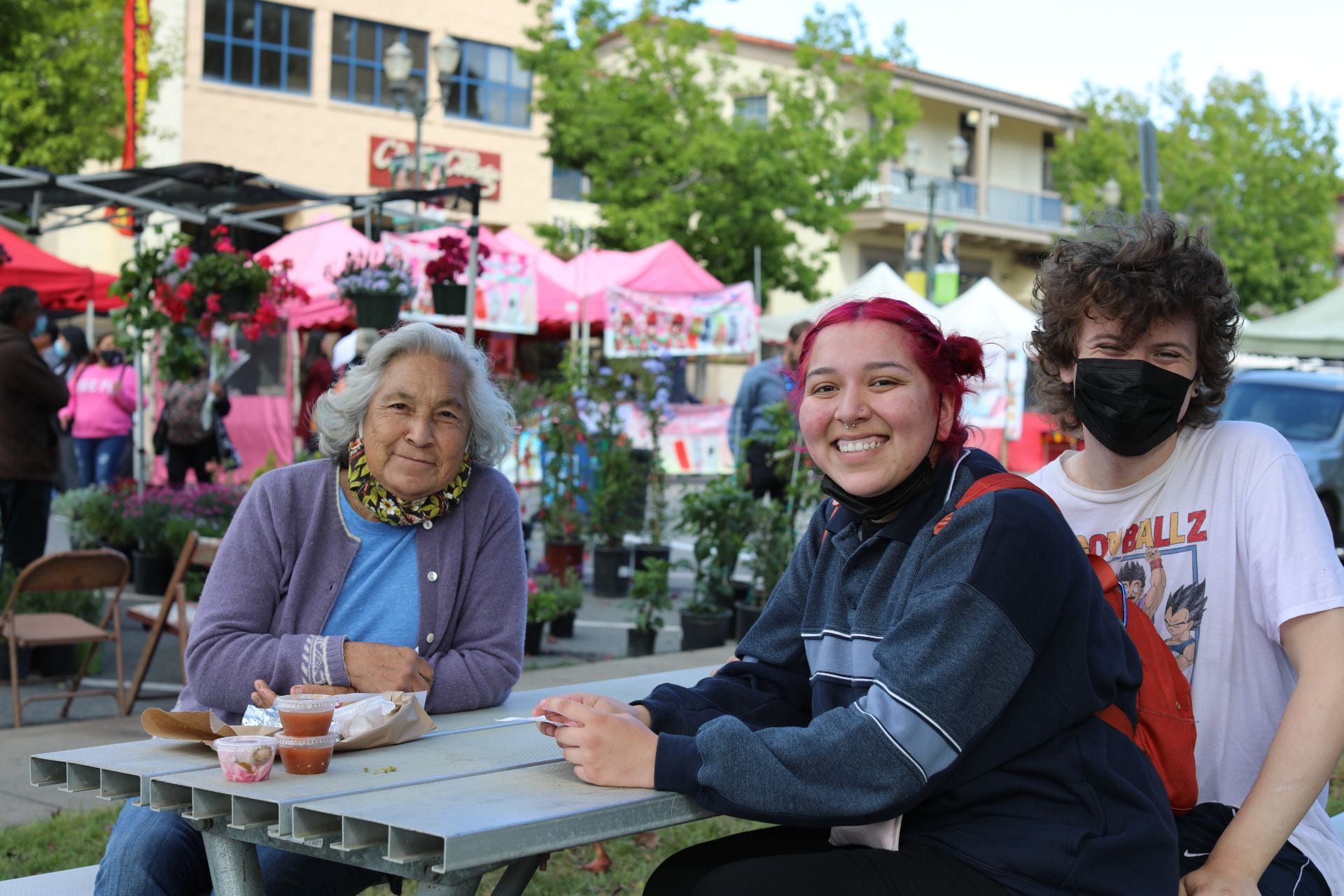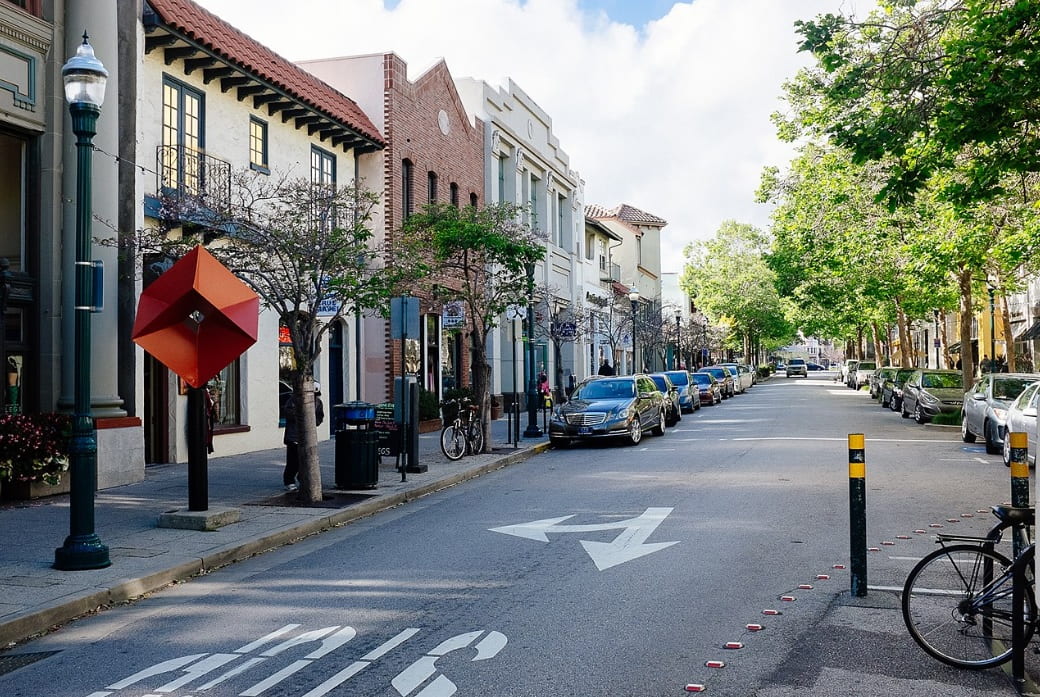Place and Space Making
Belonging
Eighty percent (65 out of 81) of our respondents found that places and spaces that are inclusive, supporting, and welcoming were vital for fostering a positive sense of belonging. Respondents felt that having spaces and places in the community that fostered or celebrated shared histories, identities, culture, and/or language made them feel more at home. The activity of community organizations like clubs, support groups, and churches also plays an integral role in connecting people, providing opportunities to build relationships, and building a sense of shared identity and solidarity. Community members expressed that they felt more trust in organizations that advocated for them if those advocates shared similar backgrounds as their own. Across Santa Cruz County, some key places or spaces of “belonging” that people repeatedly mentioned included: the Watsonville Plaza during the farmers’ market, Ramsey Park, and downtown Watsonville. As for events and organizations that served as key “spaces” of belonging, respondents mentioned Watsonville Pride, Senderos, and Barrios Unidos.

Pablo, 39 year old first generation undocumented male, and father of 3
I: How do you feel in Watsonville compared to the city of Santa Cruz?
P: P: Oh! Well I feel – I feel that, that I belong more to Watsonville. Right? By the fact that there are more people similar to me. There are more immigrant people, I think, it’s what I believe. And in Santa Cruz there are more people who are[…]white for example those white people who are from here with their status as legal […] I do see- I do see that there are more, how can I tell you?[…]What I have seen when I go to Santa Cruz, I see more white people, just saying[…]Here in Watsonville, well I see more, more paisas, more Mexicans, more from Michoacán, more from Oaxaca for example.
Non-Belonging
85% (69/80) of the interviewees noted that places where they experienced acts of aggression (insults, racial profiling, and discrimination), or were excluded due to their (or a family member’s) documentation status or racial/ethnic identity, helped create a sense of alienation and exclusion. Generally, numerous institutions, physical places, and social spaces were experienced as hostile or having unfavorable social climates.

Maria, 19 years old – born and raised in Watsonville, CA.
I: Is there a place maybe in Watsonville, in Santa Cruz County that you feel you don’t belong?
M: […], I would say usually like, just walking around, like […]downtown Santa Cruz, or I don’t know what street it is, but it’s like where the Penny Ice Creamery is. I don’t know. I just feel like really weird. Like they always look at us like, like the white people, I mean. Like me and my mom, like we’ll just be walking and we feel really uncomfortable just- and it’s not even like that they say something it’s just that we’re not used to those kinds of people. And then I know that my mom’s husband has had like, experiences with like racism and stuff there. So like, whenever we go to downtown Santa Cruz, like he doesn’t like coming with us.
